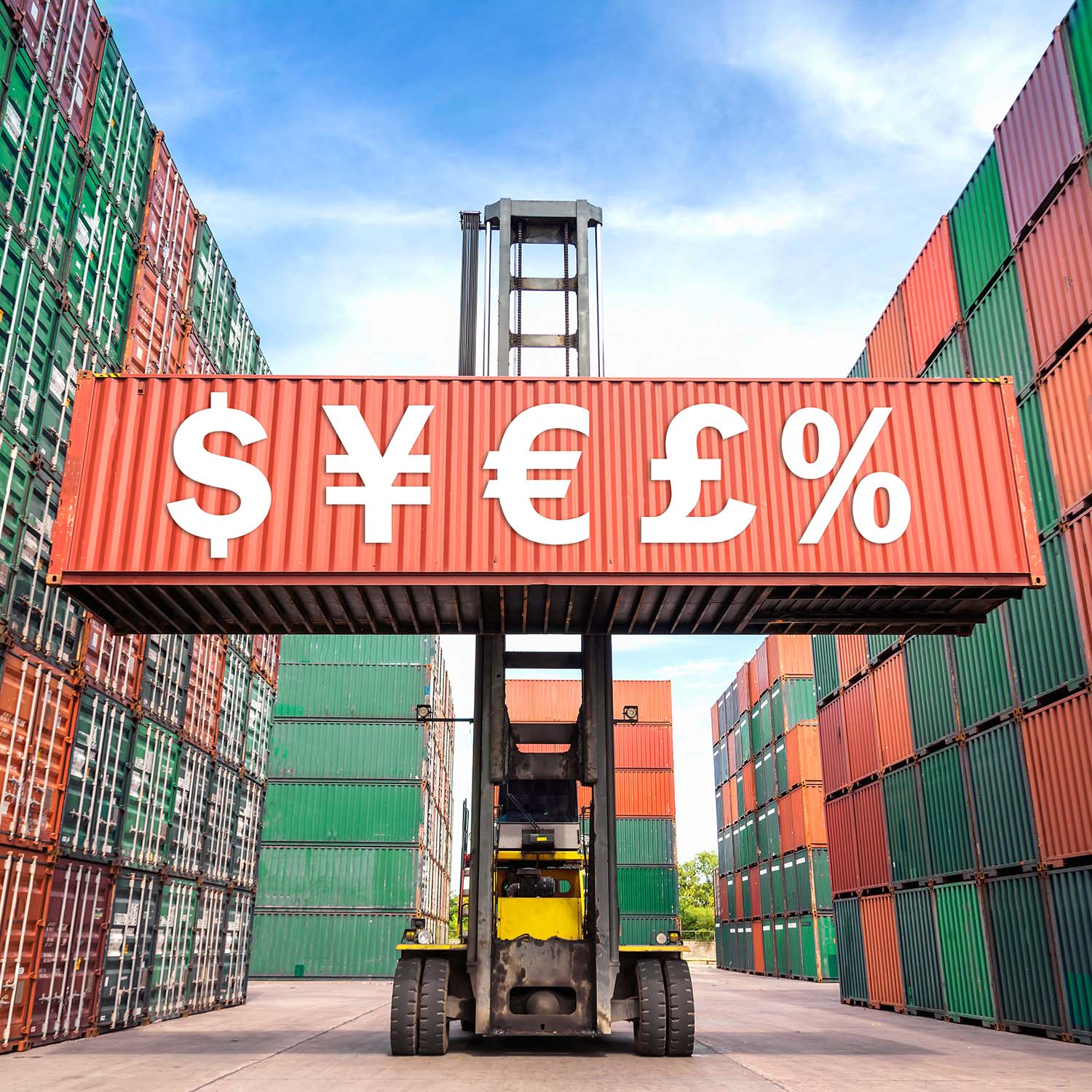Import: Duties and Taxes
The valuation method for imported articles is CIF (Cost, Insurance and Freight), which means that the import duty and taxes payable are calculated on the complete shipping value, which includes the cost of the imported goods, the cost of freight, and the cost of insurance. The Philippines imposes duties on an ad valorem basis on most imports, with rates ranging from zero to 65 percent as of 2022. The Philippines also imposes specific duties on a number of products, such as alcohols, fireworks and firecrackers, tobacco products, watches, mineral fuel, saccharin, playing cards, and so on. Food and other products for industrial usage are duty-free. The import rate for electrical products, timber, photographic equipment and supplies, furniture, and mobile phones and parts is 20 percent. The rate for cosmetics and perfume is 30 percent.
Import Duties
All goods imported for consumption are subject to the payment of import duty prior to release of the same for domestic use. Unless they are exempted according to the law by the Department of Finance.
Import duties range between zero and five percent on all products under the ASEAN Free Trade Agreement (AFTA).
Certain goods are exempted from the payment of import duties and are subject to compliance with formalities prescribed and approved by the Secretary of Finance. Certain items that are exempted from import duties are:
- Articles brought in by visitors and Filipino citizens alike, whether in accompanied or non-accompanied baggage, arriving within reasonable time, and consisting of used personal articles in noncommercial quantity
- Wines and spirits, not exceeding two bottles
- Tobacco and cigarettes not exceeding 200 sticks
- Cosmetics and perfume not exceeding one bottle
- Returning Filipinos (Balikbayan) who have stayed abroad for more than a year are allowed to bring in duty-free used electric or electronic appliances, one of each kind
The following articles may be entered duty- and tax-free:
- Importations for the official use of foreign embassies, legations, and other agencies of foreign governments
- Importations for the personal and family use of the members and attaches of foreign embassies, legations, and other agencies of foreign governments
- Miscellaneous articles that are exempt by law or process
Antidumping Duty
An act of foreign manufacturers selling their products to an importer in the domestic market at prices lower than the market price in their own country or at prices below the cost of manufacturing is known as dumping.
Dumping means the sale or import of such items that hurts or threatens to hurt a domestic industry that is producing its substitute products. This sale or import creates price discrimination between two national markets, hence is subject to anti-dumping duty in the Philippines. Articles found to be "dumped" can have antidumping duties levied on them for a short period. The period is to be determined by the Department of Trade and Industry (DTI) or it can be up to a period of five years unless terminated by an act of law.
Value-Added Tax (VAT)
As of 2022, all imported goods in the Philippines are subject to the payment of a value-added tax (VAT) at a uniform rate of 12 percent of the total landing cost of the shipment. A duty-free shipment is also subjected to VAT.
Note: The above information is subject to change. Importers are advised to obtain the most current information from a customs broker, freight forwarder, or the local customs authorities.
Article written for World Trade Press by Taylor Holloran, Jennifer Goheen, and Nina Bellucci.
Copyright © 1993—2024 World Trade Press. All rights reserved.

 Philippines
Philippines 